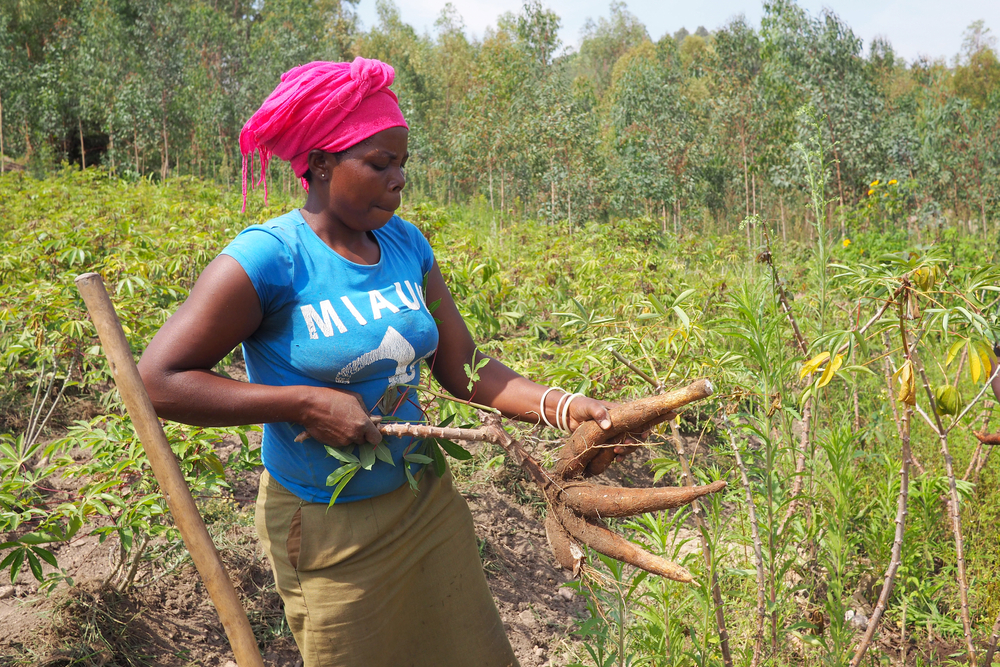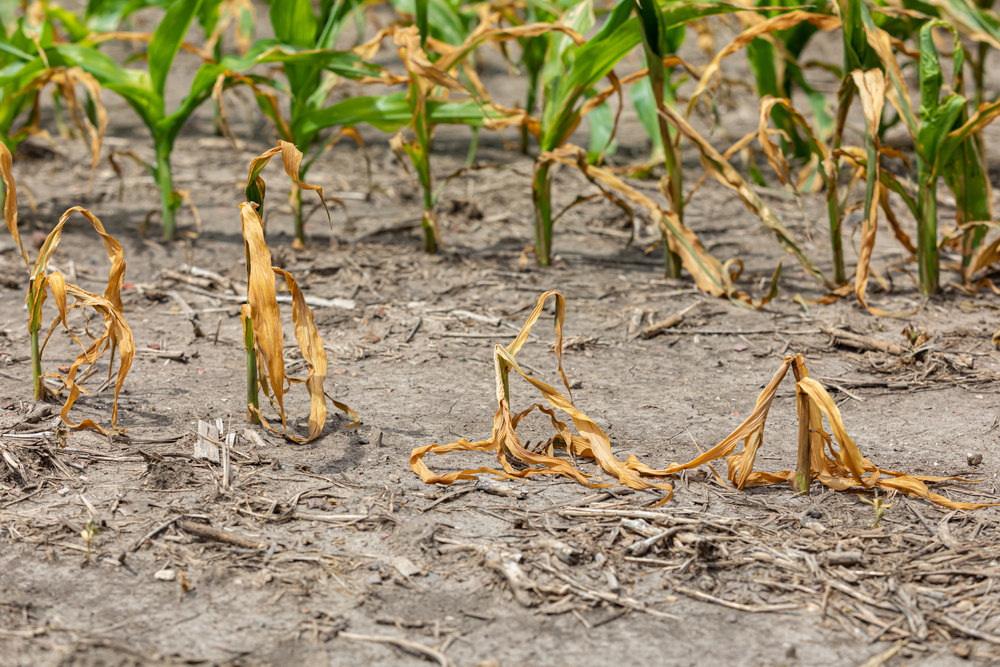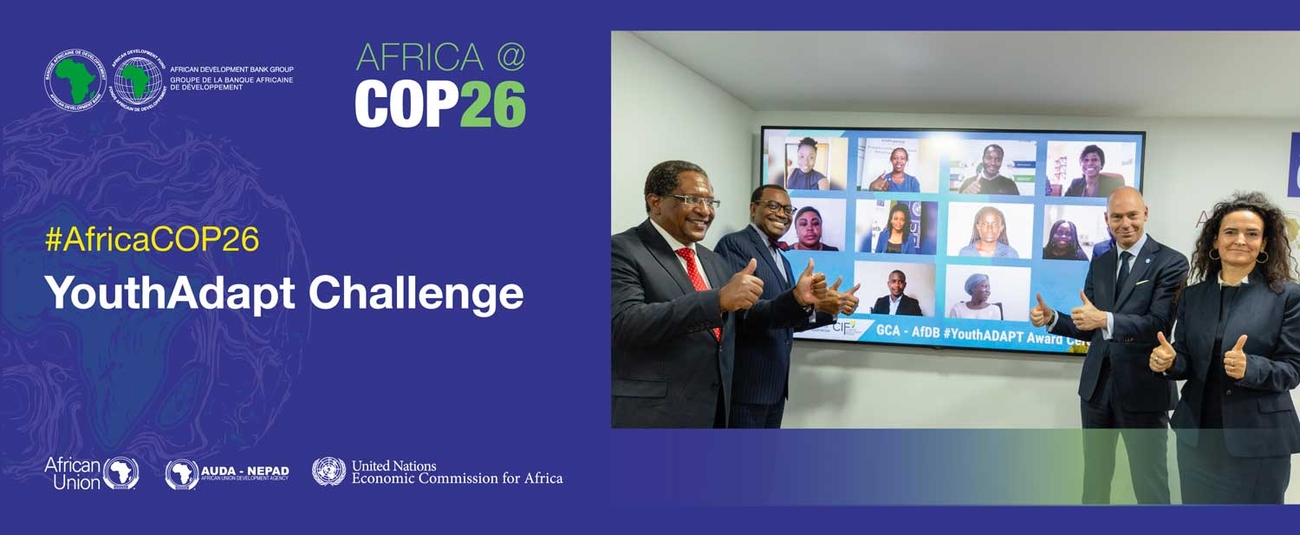
Inclusive Insurance for Smallholder Farmers in Africa
Inclusive Insurance for Smallholder Farmers in Africa
4 November, 2022Context
Rising average temperatures, longer heat waves, more extreme precipitation events and locust invasions are just some of the adverse effects of climate change that will impact agriculture in Africa. Climate change is expected to cause a decrease in crop productivity due to increased heat and drought. Some crops are likely to be particularly at risk, such as cotton in Côte d'Ivoire or Ghana. This phenomenon will directly impact the population, with greater consequences for the most vulnerable famers.
In the face of rising climate risk across Africa, insurance is a key adaptation measure to strengthen food security and ensure climate resilience. However, the agricultural insurance market is nascent, particularly in sub-Saharan Africa, where less than 3% of farmers are protected.
The underdevelopment of agricultural insurance in Africa is due to a variety of factors, including the lack of organization in local value chains, the low profitability potential of programmes, and a general lack of financial resources and knowledge about insurance. Also, farmers do not consider agricultural insurance to be a priority.
Objectives
The key aim of the landscape study on Inclusive Insurance for Smallholder Farmers in Africa was to clarify the pathway for the Global Center on Adaptation (GCA) to enter the agriculture insurance market in Africa. The study will contribute to defining the insurance toolkit included in the Smallholder Adaptation Accelerator (SAA) from the Climate Smart Digital Agriculture Pillar of the Africa Adaptation Acceleration Program (AAAP), a joint programme in cooperation with the African Development Bank (AfDB).
The landscape study, completed in December 2021, describes the current state of the agricultural insurance market in Africa and considers (i) the various approaches available to scale up agricultural insurance; (ii) the types of insurance product that could be created; (iii) whether insurance premiums should be subsidized; and (iv) how digital technologies and effective relationships with local partners could be leveraged to facilitate product design and distribution.
Expected Outcomes
This landscape study aimed to achieve:
- A synthesis of market knowledge, including key trends in the African insurance market and the challenges to development of the market
- In-depth product knowledge, including of parametric insurance and digital innovations
- An understanding of the various potential insurance schemes and an awareness of the challenges in distribution
- A clear set of recommendations for the creation of an insurance product for smallholder farmers.
Expected impacts
The outcomes of this landscape study should contribute to:
- The identification of priority countries to launch a pilot for a smallholder insurance product.
- The involvement of GCA either as a partner in an existing programme insuring smallholders in a country in sub-Saharan Africa, where the population is connected and digitally active, with a stable government willing to support an insurance programme; or as the catalyst for a new agricultural parametric insurance programme.
- The initiation of a four-step workplan: (i) a feasibility study; (ii) a business agreement; (iii) product design and validation; and (iv) enrolment of farmers into the scheme.
- Once established, the evolution of the insurance cover and type of product over time; for example, from drought index insurance for maize, to a hybrid product for maize, to a hybrid product for maize and cassava.



